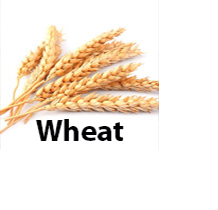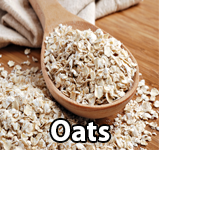Serracor-NK is a
powerful blend of enteric-coated serrapeptase and nattokinase, systemic
enzymes studied for their fibrinolytic properties, with antioxidant
herbs, CoEnzyme Q10 and magnesium. Serracor-NK supports a healthy
circulatory system and normal fibrin metabolism.
Supports the body’s natural response
to inflammation including respiratory and sinus, and cardiovascular
health.
Nattokinase is a fibrinolytic enzyme derived from soybean
fermentation. A traditional Japanese food called natto, often eaten at
breakfast, is made by fermenting soybeans.
Published studies have shown that chronic inflammation happens when you have a lack of exercise and poor diet.
Both lead to high risks of
increased blood clots and poor blood flow. Lack of blood
flow to an organ can lead to further debilitating chronic inflammation
or even heart attack. You must have proper blood flow to your heart.
Natural enzymes aid and assist the proper blood flow. This is a vital
process
that can be optimized with natural active dietary supplement enzymes and
nutrients.
Excess fibrin in the body
can do more harm than good. A high level of circulating fibrin has the
potential to accelerate scarring, increase clot formation and impede
normal blood flow. This can cause issues leading to cardiovascular
dysfunction. The combination of serrapeptase and nattokinase used in
addition to a complete array of proteolytic enzymes, makes Serracor-NK a
unique blend designed to support maximum circulatory health.
Buy Direct & get 20% off
Regular Price $124
Direct only $99 Free SHipping































